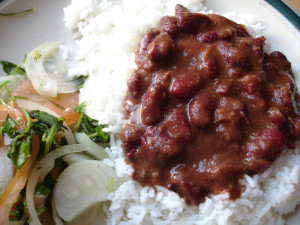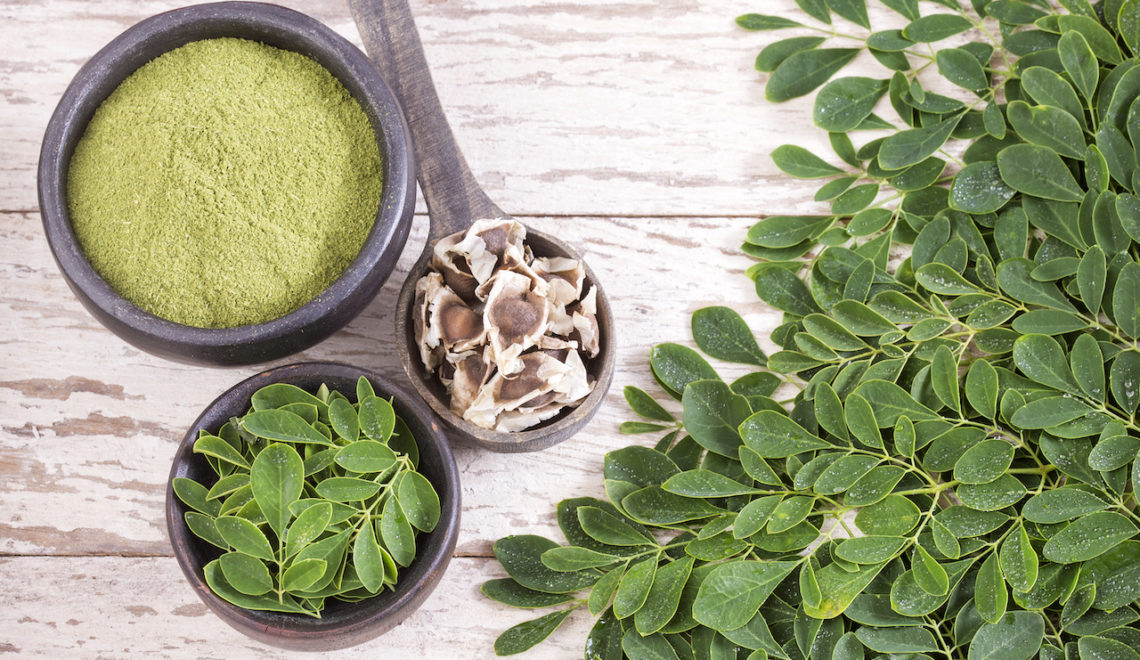
“I’d like to try a vegetarian diet, but I’ve heard that you won’t receive adequate nutrition. Is this true?”
Many people decide to follow a vegetarian diet for a variety of reasons. Whether it stems from animal welfare beliefs, a dislike for meat, or the idea that a vegetarian diet is an overall “healthier” choice. Following a vegetarian diet can be wholly nutritious, but isn’t less or more nutritious than a diet that includes meat. Vegetarians do need to take extra steps to make sure their diet isn’t lacking in required vitamins and proteins that a “regular” diet offers. If you have resolved to try implementing a vegetarian regimen in your life, here are a few tips that you will want to follow.
1. Get your vitamin B-12.
Animal protein is the major dietary source of the essential B-12! Cutting meat out of your diet means that you will have to supplement this, most likely through tablets. Vitamin B-12 is required in various metabolic reactions in your body and plays a part in nerve function. If you become deficient in vitamin B-12, you can become at risk for pernicious anemia. It is necessary for your body to receive this in your diet! Invest in a good supplement or buy foods fortified with B-12, as the recommended dietary allowance for vitamin B-12 is 2.4 micrograms for adults.
2. Pair your proteins.
The best sources of complete proteins are animal sources. A complete protein means that you are receiving all nine essential amino acids (proteins that your body can’t synthesize or convert, thus essential). You can still achieve complete protein sources by pairing or complimenting two protein sources, where one is high in a protein that the other is lacking. Great examples of complimenting proteins are: rice and  beans, whole wheat bread with peanut butter, cashews with tofu (try it in a stir fry), chick peas and sesame seeds (hummus), black-eyed peas and corn bread, rice and tofu, and a variety of other combinations. Eating the paired proteins together is best, but consuming them within a few hours of each other will work just as well.
beans, whole wheat bread with peanut butter, cashews with tofu (try it in a stir fry), chick peas and sesame seeds (hummus), black-eyed peas and corn bread, rice and tofu, and a variety of other combinations. Eating the paired proteins together is best, but consuming them within a few hours of each other will work just as well.
3. VARIETY!
I come in contact with many vegetarians that have a diet based on pastas, grains, and more pasta. Vegetarian sounds like it would be a diet that is plentiful in vegetables, but many vegetarians fall into the “carb trap”. Don’t be one of them. Vegetables offer so many countless vitamins and minerals that will be missed out on if you base your diet solely on pasta and veggie pizza! Keep trying new foods and your diet colorful. Filling your plate with veggies and complimenting proteins will make your new (or traditional) venture wholly nutritious!
Following the few tips listed will help ensure that your diet is providing you with adequate and whole nutrition to keep your body operating at its full potential! If you need more inspiration, check out this recent Kuli Kuli article featuring even more of our favorite high-protein vegetarian foods!










